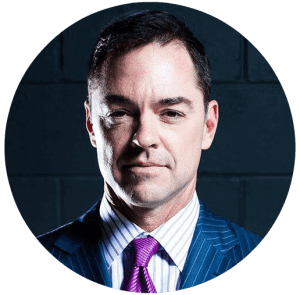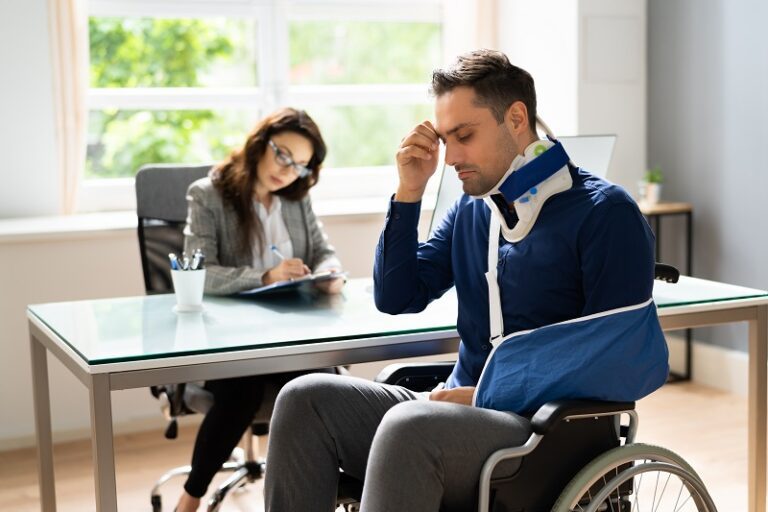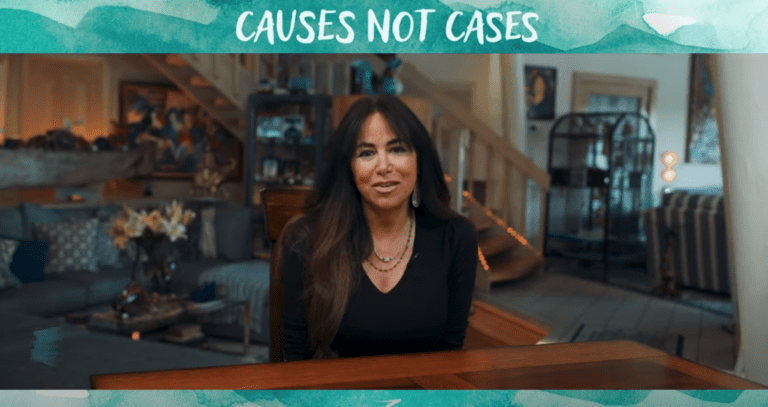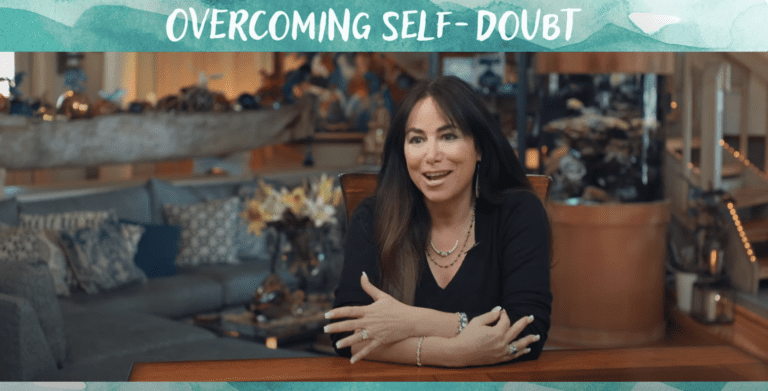Concussions are a type of traumatic brain injury (TBI) caused by a bump, blow, or jolt to the head. While many outdated sources characterize concussions as a less serious TBI, and a doctor may call your concussion a mild TBI, that by no means equals a non-serious injury. They are extremely serious—the effects can disable victims throughout the course of their lives and even cause death.
Delayed symptoms can pose a special danger, because they often go unrecognized. We’ll discuss these dangers in more detail later on, but first, let’s focus on the cause and frequency of concussions. For more legal information about delayed concussion speak with an experienced California brain injury attorney at Gomez Trial Attorneys.
Injured in an accident? Get a real trial lawyer. Get Gomez.
[lwptoc]
What causes concussions?
Concussions can occur any time one receives a bump, blow, or jolt to the head. The most common causes are falling and motor vehicle accidents (car, motorcycle, truck, and bicycle). Falls account for 52 percent of hospitalizations related to TBIs and vehicle accidents account for 20 percent, according to the U.S. Centers for Disease Control and Prevention (CDC).
Other causes of concussions are pedestrian accidents, sports injuries, and having an object fall on your head from a height (such as a hammer on a construction site). Violent actions, such as military operations, a fight with someone, and extreme shaking back and forth can also cause concussions.
In a concussion, the brain itself can be jostled and move around inside the skull. The movement can damage the brain, as well as surrounding tissue such as arteries and nerves. A concussion may trigger bleeding either in or around the brain, which, in turn can cause drowsiness and confusion. Bleeding in the brain can cause death.
How common are concussions?
In an eight-year period, emergency department (ED) visits related to TBIs rose 54 percent, according to the CDC. Roughly 2.87 million ED visits, hospitalizations, and fatalities were related to TBIs in the last year for which statistics are available.
What are the symptoms of a concussion?
One of the problematic aspects of concussions is the wide variety of symptoms, and the time frame in which symptoms occur. People who experience a concussion can immediately lose consciousness and have a headache when they return to consciousness, suffer amnesia (loss of memory), or confusion. But they can also have no immediate symptoms at all.
In addition, people can have a wide variety of concussion symptoms both directly following the injury and after a delay of one or more days. Some symptoms can seem obviously related to a concussion: Someone falls and hits their head and they have subsequent headaches and difficulty sleeping.
But both immediate and delayed symptoms can appear to have no relationship to a head injury. A loss of taste or smell, for instance, is a potential symptom of concussion, but a person who develops this two days after an accident may either not associate it with the injury, associate it with something else, or not notice it at all.
Some concussion symptoms can also be very far-reaching. These can include anxiety, deep depression, and suicidal thoughts. A person can become deeply depressed and want to end their life two or more years after a concussion. One great risk is that they might not associate the concussion with these symptoms at all.
Because symptoms are so wide-ranging and manifest over a broad time frame, it is important to know all potential symptoms. Once they are known, both injured people and their loved ones can monitor for these symptoms. (Some, such as appearing dazed or forgetful, are easier for people other than the injured person to observe.)
Most importantly, symptoms are treatable as long as both the injured person and their loved ones are aware that a condition may indicate a concussion.
Immediate Symptoms of Concussions
Immediate symptoms of concussions can include:
- Loss of consciousness
- Headache
- Blurry vision
- Dizziness
- Ringing in the ears (tinnitus)
- Blood or other fluid coming from the nose or ears
- Changes in vision or eyes, such as one pupil dilated
- Weakness in the extremities
- Pale skin for longer than one hour
- Changes in behavior
- Nausea
- Vomiting
- Drowsiness or fatigue
- Confusion
- Amnesia (memory loss)
- Feeling foggy
- Slurred speech
- Delay in responding to questions
- Looking dazed
- Forgetfulness
Delayed Concussion Symptoms
Delayed symptoms can include all of the above. Symptoms that manifest later can also include:
- Disorders of taste and smell
- Sleep disturbances (sleeping too much, too little, or inability to sleep)
- Sensitivity to sounds and noise
- Sensitivity to light
- Concentration and memory difficulties
- Irritability
- Personality changes (more prone to anger or anxiety, changes in impulse control)
- Depression
Injured in an accident? Get a real trial lawyer. Get Gomez.
My child fell. Are symptoms in children the same as in adults?
Many of the symptoms a child with a concussion may experience are the same as they are in adults. But parents should also know that other symptoms can appear in children. In addition, caregivers of children too young to express themselves need to watch closely for symptoms that may show, such as irritability or feeling dazed, as the children cannot say what they feel.
Children can also experience immediate or delayed symptoms.
Symptoms in children can include:
- Vomiting
- Seizures
- Loss of balance
- Walking unsteadily
- Crying a great deal
- Acting listless and tired
- Cranky behavior
- Lack of interest in favorite toys
- Changes in eating patterns
Are some concussions more serious than others?
Medical professionals grade concussions depending on the symptoms exhibited and how long they last.
But remember, these classifications are for medical professionals. Don’t interpret them as a sign of the outcome you might expect. If a doctor tells you that you have a mild or moderate concussion, don’t think it isn’t a serious injury.
For many years, concussions were not considered as serious as medical science now knows they are. We now know, for example, that repeated concussions have cumulative effects. Multiple concussions—or even microtraumas—can cause or aggravate permanent brain damage and disabling conditions and symptoms.
What is post-concussion syndrome?
Post-concussion syndrome (PCS) is a condition in which any or all of the symptoms above persist for weeks or months.
The most common symptoms involved in PCS are headache, dizziness, sleepiness and other sleep problems, psychological symptoms such as depression, anxiety, and irritability, and problems with memory, concentration, and cognition.
What is the treatment for a concussion?
Treatment for a concussion depends on the symptoms and their severity.
At the very least, concussions require rest and time. Athletes, for example, should not begin their sport again until all symptoms have resolved and they complete all of the concussion protocols their sport has established.
Rest includes resting from all activities that are potentially affected by concussions. It includes physical rest, such as not exerting yourself and getting sufficient sleep. But it also includes mental rest. People who have suffered a concussion need to refrain from complex activities and even working on the computer in the initial period after a concussion.
Medical professionals generally advise a gradual resumption of both physical and mental activities. Start slow. If any symptoms resurge, stop and rest again, and see your doctor.
If symptoms last more than three months, a diagnosis of PCS will likely result. Medical professionals treat the symptoms of PCS. Frequent headaches, for example, are treatable with migraine or pain medication. Psychological symptoms such as depression and anxiety are treated with appropriate medications and with therapy.
What should I do if I suspect a concussion?
If you or a loved one are struck on the head or experience a jostling of the type that causes concussions, you should see a medical professional as soon as possible. If you are in a traffic accident that results in a blow to the head or rapid movement back and forth, go to the emergency room.
If you are conscious, describe what happened to the doctor.
Concussions are diagnosed in several ways. Depending on the circumstances and your brain injury symptoms, doctors may order a computer tomography (CT) test or a magnetic resonance imaging (MRI) test to see if bleeding in the brain has occurred.
They may evaluate you neurologically, testing your vision, hearing, balance, coordination, reflexes, sensations, and strength in your extremities. They also may evaluate your concentration and memory.
Patients suspected of a concussion may also be admitted to the hospital for overnight observation, or a family member may observe them at home. Often, the person who stays with you will need to wake you up periodically and to observe symptoms to make sure they don’t get worse.
What recourse do I have if someone else caused a concussion?
Under California law (and personal injury law generally), you have recourse to damage compensation if a negligent party caused a concussion. Negligence means that the party, whether a person or organization, failed to exercise the duty of care a reasonably prudent party would have exercised.
If another driver rear-ended the car you were riding in, for example, and the accident caused you to jolt forward and hit your head on the dashboard, the other driver arguably was negligent. Negligent parties are liable for your injuries.
Under California law, people injured by accidents another driver causes can either go to that driver’s insurance company for damage compensation (a third-party insurance claim) or file a personal injury lawsuit in civil court.
If a concussion stems from another cause, victims can approach the responsible party’s insurance carrier or file a personal injury lawsuit. If a student suffers a concussion due to a school’s failure to adequately supervise sports, for example, the school may be deemed negligent and thus liable.
If you or a loved one received a concussion, obtaining damage compensation through a third-party insurance claim or personal injury lawsuit can only occur if another party exhibited negligence.
What damage compensation can I recover for a concussion?

In both third-party insurance claims and personal injury lawsuits, injured people can seek the following damages:
- Medical bills, both current and future
- Wages lost from work, both current and future, if the concussion has caused you to lose time from work
- Pain and suffering
In the case of both medical bills and wages lost from work, the actual amounts are added together to arrive at the compensation amount. (Income lost from work use your salary or wages multiplied by the time lost.) Expert testimony is used to arrive at the likelihood of your needing medical treatment (and time off from work) in the future.
Assessing pain and suffering is a bit more complicated. An experienced brain injury lawyer can evaluate your case to determine the compensation you deserve to recover.
The total amount of compensation can therefore vary, depending on the symptoms, the severity, and the duration of symptoms.







